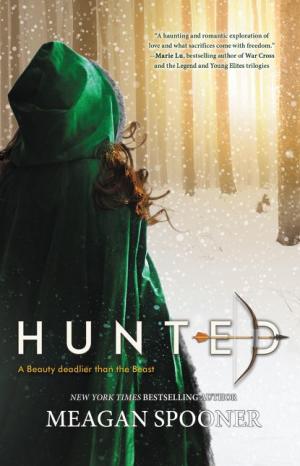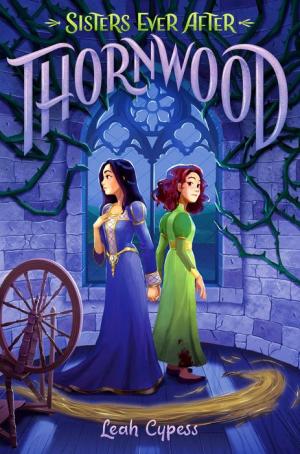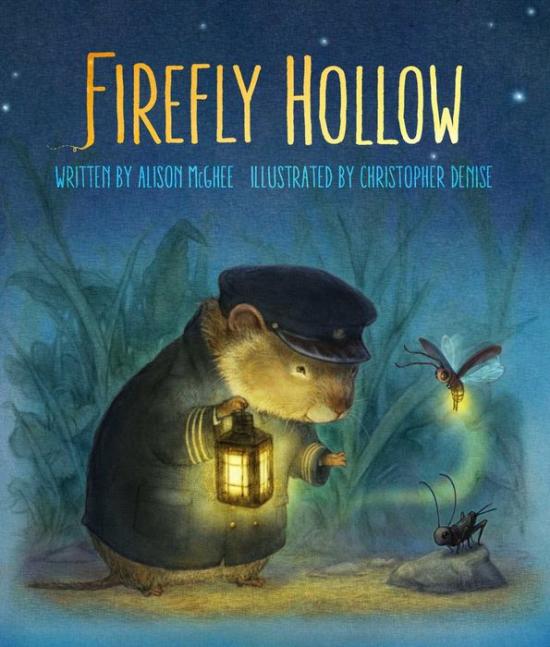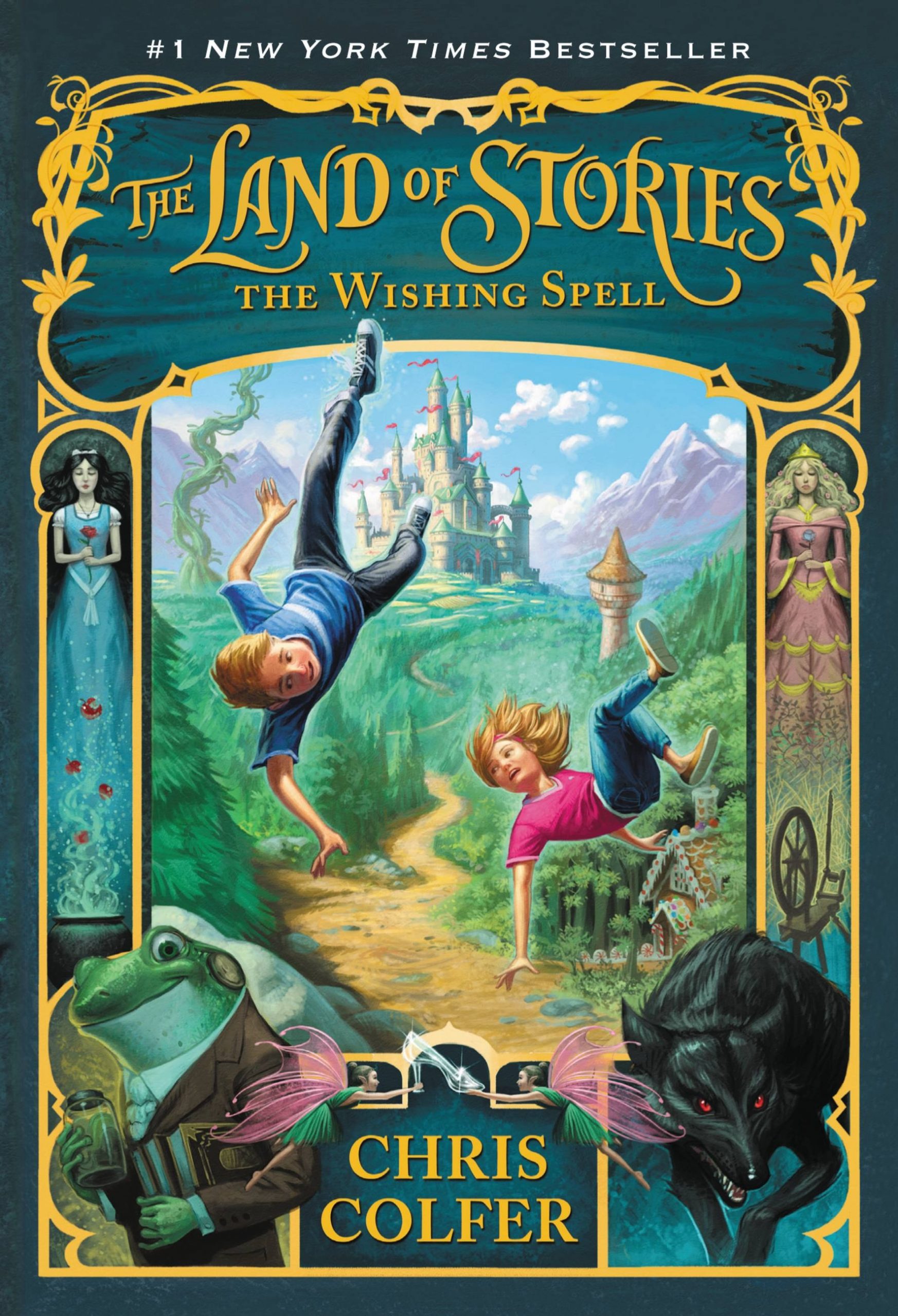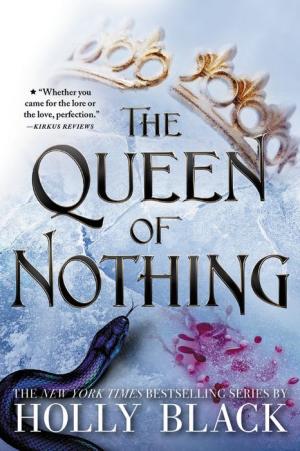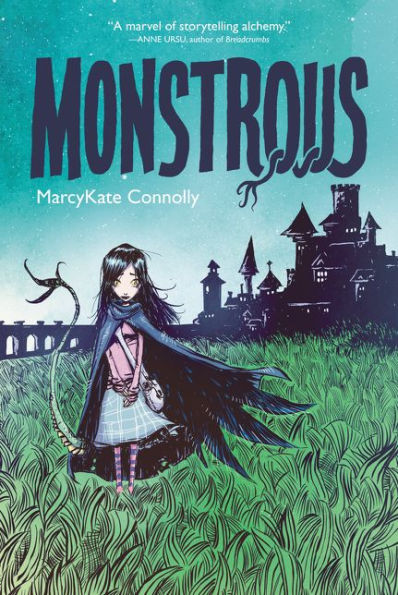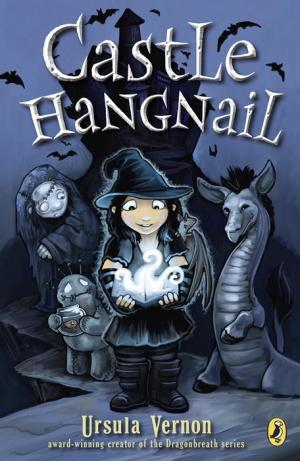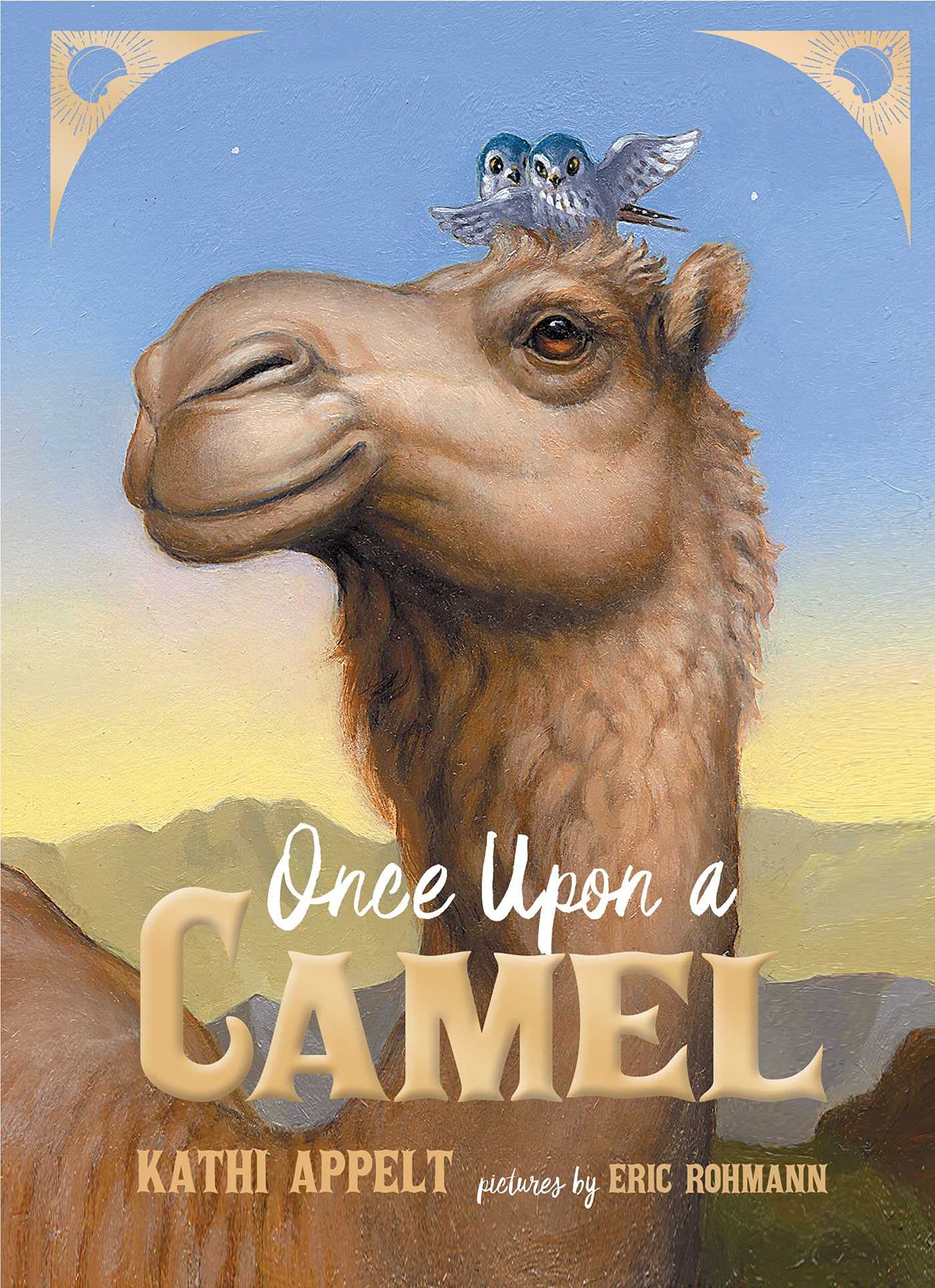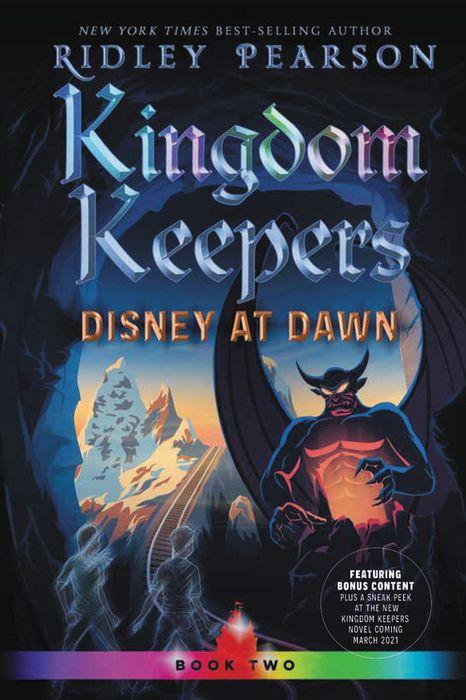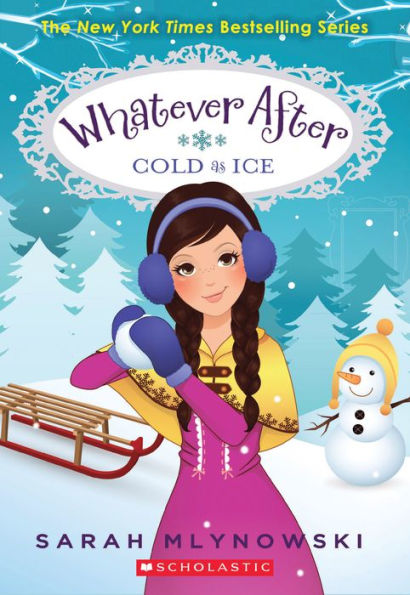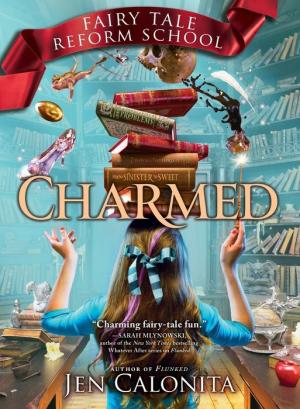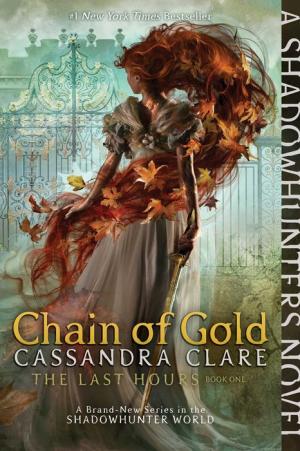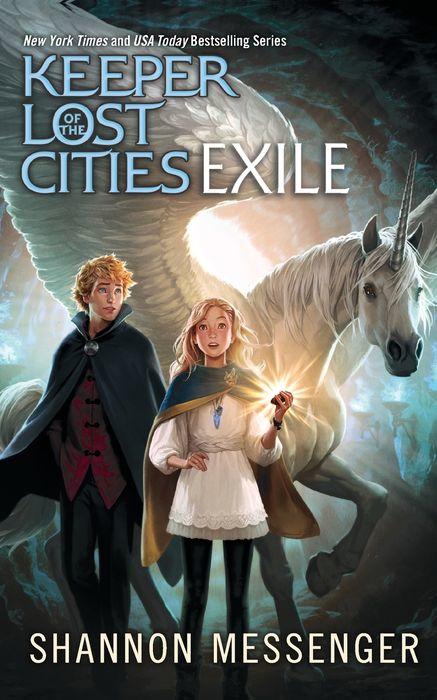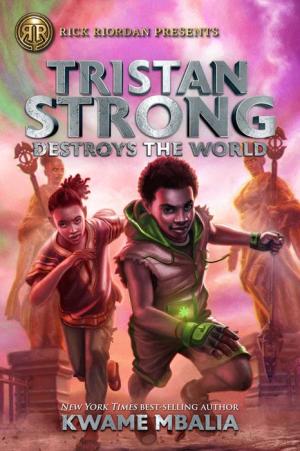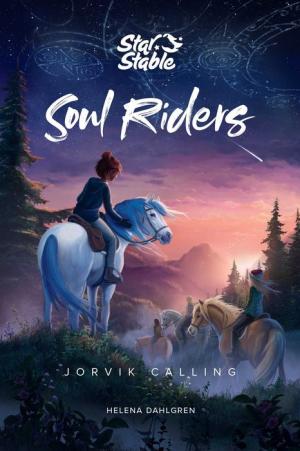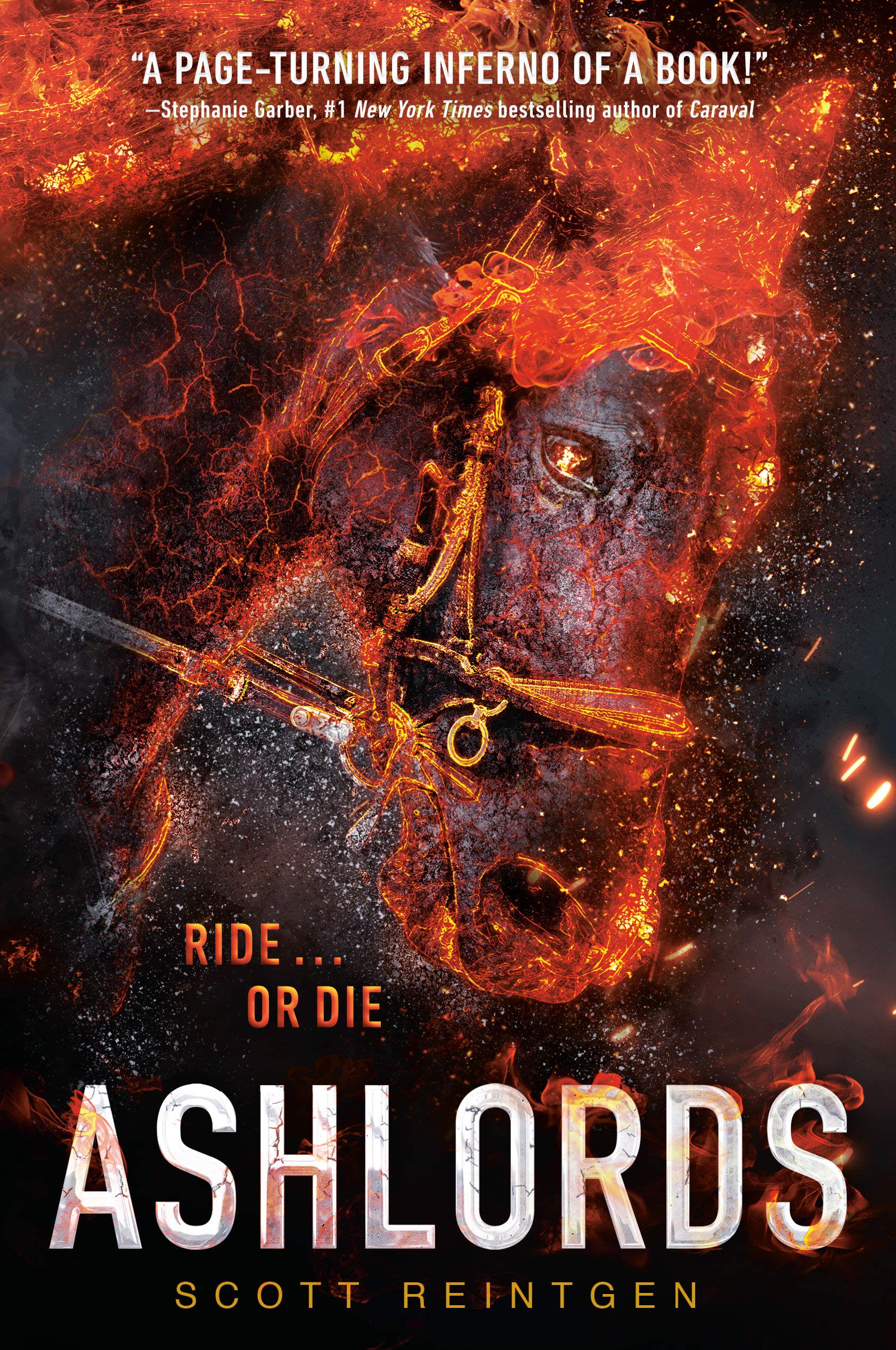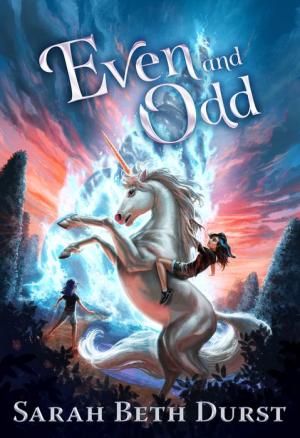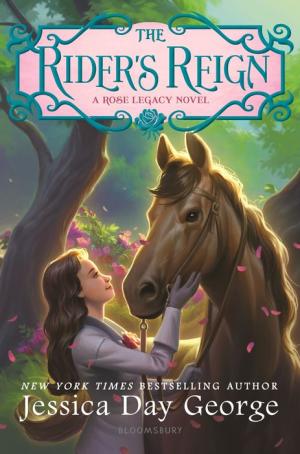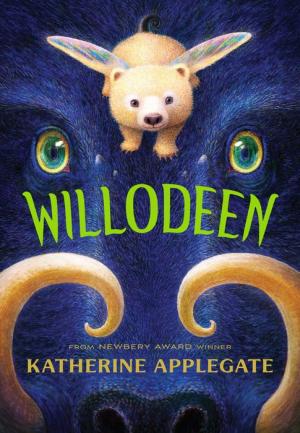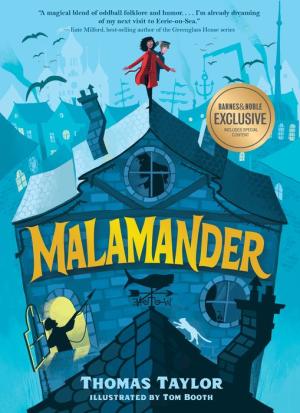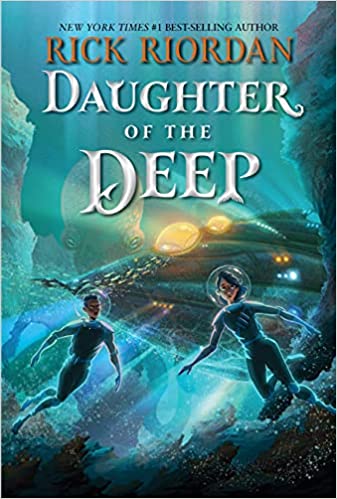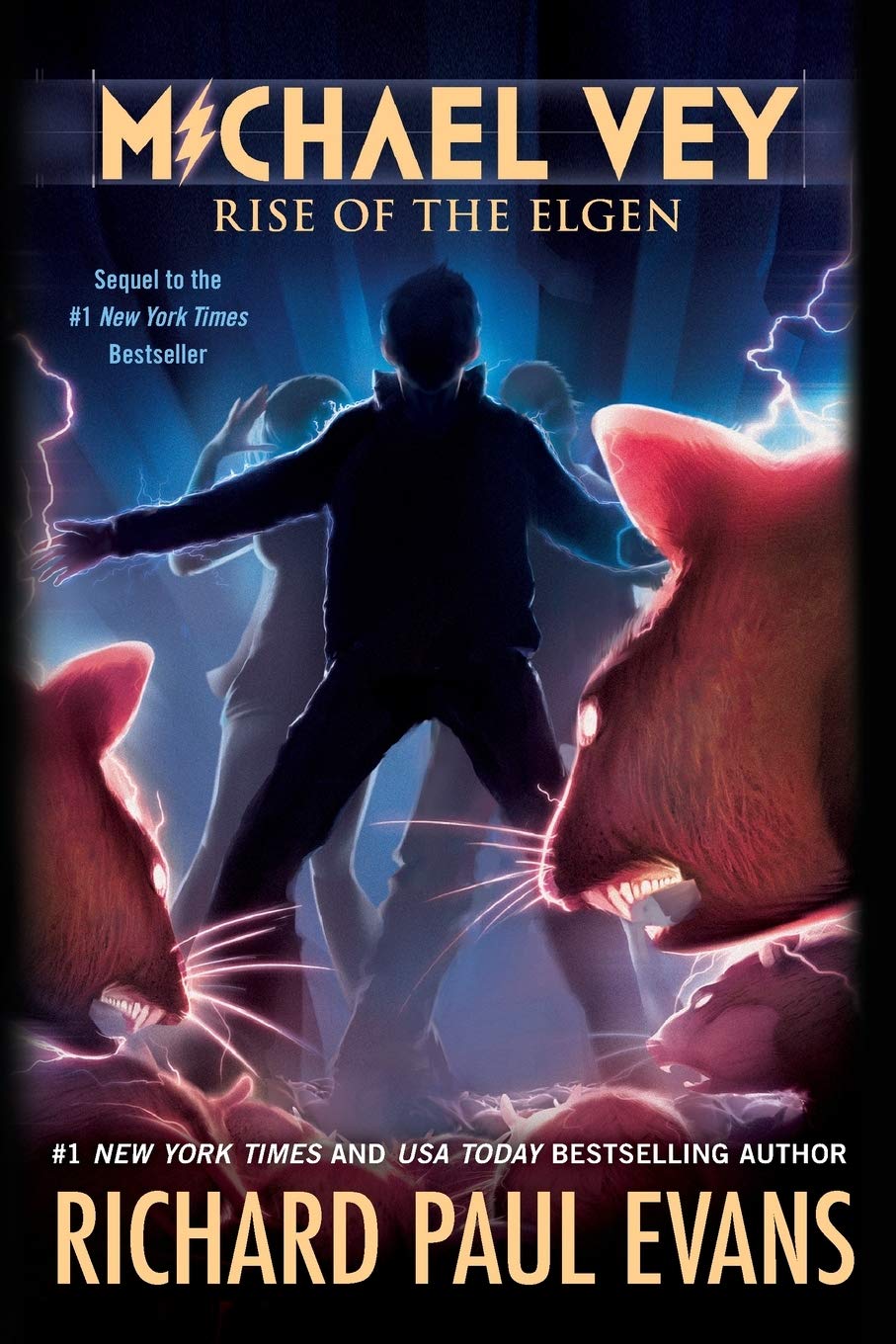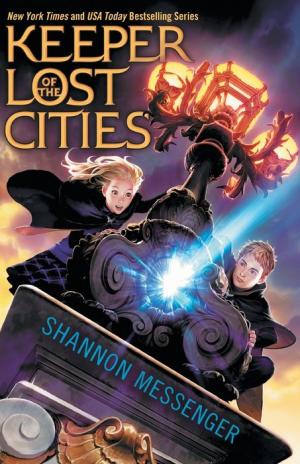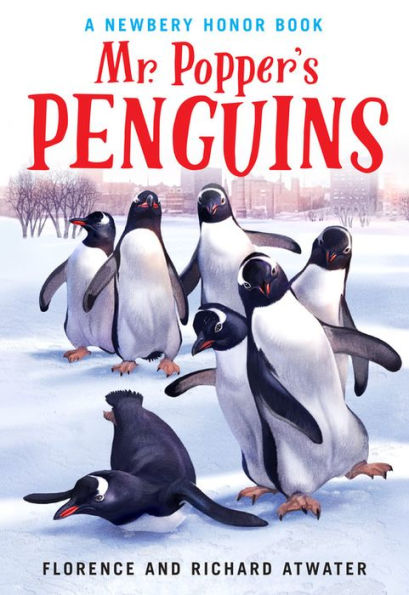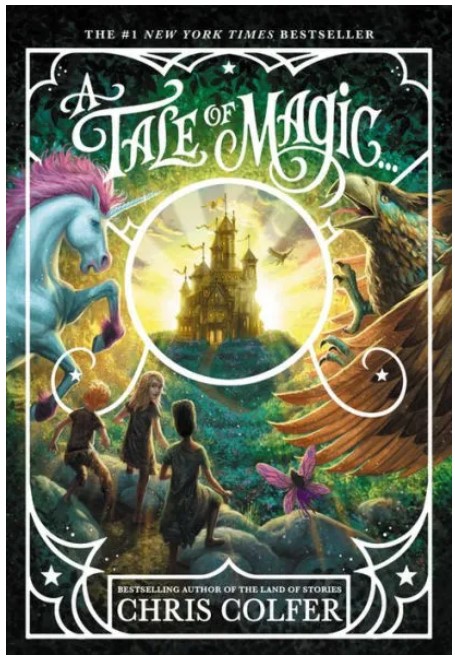Beauty knows the Beast’s forest in her bones—and in her blood. After all, her father is the only hunter who’s ever come close to discovering its secrets.
So when her father loses his fortune and moves Yeva and her sisters out of their comfortable home among the aristocracy and back to the outskirts of town, Yeva is secretly relieved. Out in the wilderness, there’s no pressure to make idle chatter with vapid baronesses– or to submit to marrying a wealthy gentleman.
But Yeva’s father’s misfortune may have cost him his mind, and when he goes missing in the woods, Yeva sets her sights on one prey: the creature he’d been obsessively tracking just before his disappearance. The Beast.
Deaf to her sisters’ protests, Yeva hunts this strange creature back into his own territory—a cursed valley, a ruined castle, and a world of magical creatures that Yeva’s only heard about in fairy tales. A world that can bring her ruin, or salvation.
Fans of Disney’s Beauty and the Beast will love Hunted which takes place in medieval Russia and follows the original Slavic fairytale. Spooner expertly weaves parts of the original folklore while taking an in-depth look at Yeva, who often feels discontent. When Yeva’s father dies and the Beast takes her captive, Yeva’s thoughts often revolve around killing the Beast. Instead of being portrayed as perfect, Yeva’s emotions are more complicated because she feels both hatred and compassion toward the Beast. She is also admirable because, no matter how dire the situation, she never feigns comfort or lies to herself about her circumstances.
Unlike Spooner’s book Sherwood, Hunted has a much slower pace because Yeva spends much of her time alone hunting. Also, when the Beast holds Yeva prisoner in the dungeon, she is alone most of the time. Since much of the conflict comes from Yeva’s inner thoughts, there are few moments that are truly action-packed. Despite this, Hunted is an engaging story that looks at one’s deepest desires. Through Yeva’s experiences, the reader will come to understand that most people have more than one nature and they can take several paths that will lead to happiness.
Hunted will delight readers who like to explore a character’s thoughts and feelings. Even though the story focuses on Yeva, Beast’s emotions are also explored through letters that he’s written. While at the Beast’s castle, Yeva and Beast are alone, which limit’s the story’s perspective. Despite this, Hunted will transport you into a magical world full of danger. Readers who enjoy fairy tale retellings should also read the Once Upon a Con Series by Ashley Poston.
Sexual Content
- Yeva agrees to marry Solmir. “Solmir freed one hand from Yeva’s grasp and lifted it to take hold of her chin in his fingers. He leaned forward and brushed his lips against hers, the briefest of touches before he pulled away.”
- After Yeva returns home, she is not invited back into society because “no one quite knew what to make of her, whether she had spent the winter with an unmarried man under a curse or if she’d spent it in the bed of a wicked monster.”
- When the Beast turns back into his human form, Yeva kisses him.
Violence
- Yeva’s father invested in a caravan of goods. He gets word that all the men were killed. “Barbarian swords in their guts, heads piled in the wagon and burned. All the goods stolen or destroyed.”
- Yeva finds her father’s body in the woods. “She uncovered his bow, then a few feet farther she found his pack, the leather torn and the contents strewn about beneath the snow.” She believes the Beast killed her father.
- When Yeva sees a wolf in the woods, “she swung her father’s bow around and drew it in one smooth movement. The arrow flew straight and true. There was a bone-shaking roar of fury and pain that threw her to the ground with its intensity, and then the shadowy giant bounded off through the wood.”
- The Beast pretends to be injured, and Yeva prepares to kill him. “The Beast lunged at her, knocking the ax aside with a blow that numbed her from the shoulder down, arm falling uselessly to her side. . . The impact of the Beast’s body hitting hers sent her head snapping forward out of its concealing hood, as it lifted her from her foot.” Yeva is knocked unconscious and taken captive. She wakes up “chained underground with broken ribs and no light.”
- Yeva tells a story about a young man, Ivan, who had jealous brothers. “They killed Ivan in his sleep and cut his body into pieces.” Later, a wolf “ate his treacherous brothers whole.”
- Unknowingly the Beast has been kindly caring for Yeva. But when Yeva tries to see the Beast’s face, “something huge flung itself at her, knocking her back onto the ground. Her head struck hard enough to stun her, despite the carpet to cushion it.” When Yeva discovers her helper is the Beast, “Yeva’s hand closed around the knife, and with a scream she brought her arm up in an arc, sinking the knife to its hilt in the Beast’s shoulder.” The Beast is injured, but not critically.
- Yeva’s dog Doe-Eyes attacks the Beast. The Beast “gave his great body a shake that dislodged the dog and sent her flying. Yeva’s heart shriveled, then snapped as Doe-Eyes collided with a tree and dropped into a heap in the snow, unmoving.”
- Yeva sneaks into the Beast’s bedroom one night to kill him. “The knife stabbed deep into this throat and hit bone, and Yeva gasped aloud as she jerked the knife sideways, trying to slice. . . There was blood everywhere, blood on the rug and blood spattering the wardrobe. . . A final breath. And then he was still.”
- A woman who married young discovered that “her husband wasn’t a good man. He hit her when she didn’t do everything exactly to his liking. . . He always hit where it wouldn’t show, until one day he lost his temper and blackened her eye.” The woman stayed with her husband because he made her feel “so special, so loved.”
Drugs and Alcohol
- Yeva uses willow bark as a pain reliever.
Language
- “By God” and “good love” are both used as an exclamation once.
- When Yeva returns home, she tries to break her engagement with Solmir. He yells, “If you think I give a damn—sorry—about the silly rumors people whisper in the streets, you must not think very highly of me.”
Supernatural
- The Beast takes Yeva to a magical wood where she meets Lamya, who is both a woman and a dragon. She also “discovered tress that had faces, voices, peeping at her one instant and gone the next.”
- Yeva meets a fox named Borovoi, who will only answer three of her questions. Borovoi leads her to a frozen pond. When Yeva falls into the pond, she sees “a rotting face loomed out of the blackness at her, boney arms pulling her close.” Yeva almost drowns but is able to pull herself out of the pond. Later, Yeva learns that the pond “belongs to one of the Rusalk, a girl killed long ago by a lover or father or brother. She appears to men as their heart’s desire to lure them to their deaths.”
- After Yeva kills the Beast, she is surprised when “the Beast’s gaping throat knit itself together neatly, as though she was watching a seam ripping in reverse. His lungs filled with one great, wet, rattling breath, and he coughed more blood onto the rug.” Yeva discovers that the curse will not allow the Beast to die.
Spiritual Content
- Yeva doesn’t want to tell her sisters the truth about a man’s interest in her. Yeva “prayed they wouldn’t ask her again what she knew, for she couldn’t lie to them.”
- When Yeva readies herself to leave, she gets Solmir to promise to take care of her sisters. She prayed “he didn’t change his mind.”
